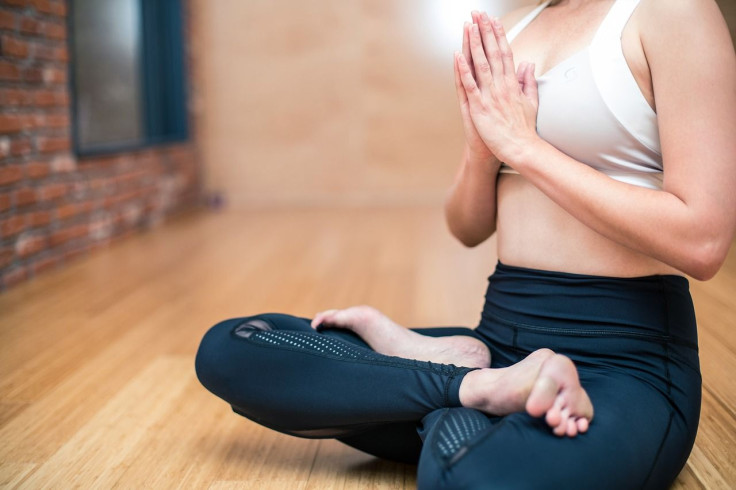Key Tips On How To Exercise Without Eczema Flaring Up

KEY POINTS
- Eczema flare-ups can often prevent people from engaging in healthy exercises
- There are ways on how to combat these flareups and yet continue those important physical activities
- Health experts gave advice on how to exercise without aggravating the skin condition
There are many types of eczema, but the most common form is atopic eczema. This is a condition characterized by itchy, dry, and cracked skin. While atopic eczema commonly affects children, particularly those who are below one-year-old, it may also affect adults. The condition is oftentimes chronic, though it may significantly improve over time, or even completely clear in children as they grow.
Agonizing Flare-ups
According to the National Health Service, people suffering from atopic eczema experience periods where symptoms are hardly noticeable as well as times when symptoms become severe. Your quality of life may be adversely affected when you have eczema flare-ups. These flare-ups can prevent you from participating in activities like performing exercises.
For those suffering from eczema, exercising can trigger extreme itchiness, and scratch on the skin may involuntarily occur. This happens when the temperature on the surface of the skin soars. Good thing, there are ways to perform and enjoy exercises without suffering flare-ups.
Exercise Without Suffering from Flare-Ups
The National Eczema Association or NEA recommends drinking lots of water regularly to replace lost fluids due to sweating immediately. Persons suffering from eczema have dry skins and are vulnerable to frailer skin barrier function.
According to the NEA, drinking water, particularly while performing exercises, to keep the skin and body hydrated is highly recommended. Choosing the right clothing when exercising is also very important as the type of clothes affects the skin when body temperature soars. Synthetic moisture clothing attracts sweat to the garments, but they may feel rough sometimes and trigger flare-ups.
To solve the problem, choose light and breathable fabrics that will not scratch or rub the skin while performing exercises. Try wearing 100% cotton material as it might help overcome the problem.
Observe your body while exercising. Your body can tell you when it is time for you to cool down, rest, and rehydrate. This is particularly true if you start feeling an eczema flare coming up. Be realistic about the state of your eczema when you exercise. Choose an intensity level that can be comfortably handled by your system.
Bring along cold compression wraps when exercising. You can either go for gel-types or the re-freezable ice type. While these wraps are used to treat injuries or soft-tissue inflammation, they can be handy aids to cool down your skin and calm the itchy feeling in eczema. Additionally, you might want to moisturize your skin before and after exercising to reduce flare-up risks.
© Copyright IBTimes 2025. All rights reserved.





















